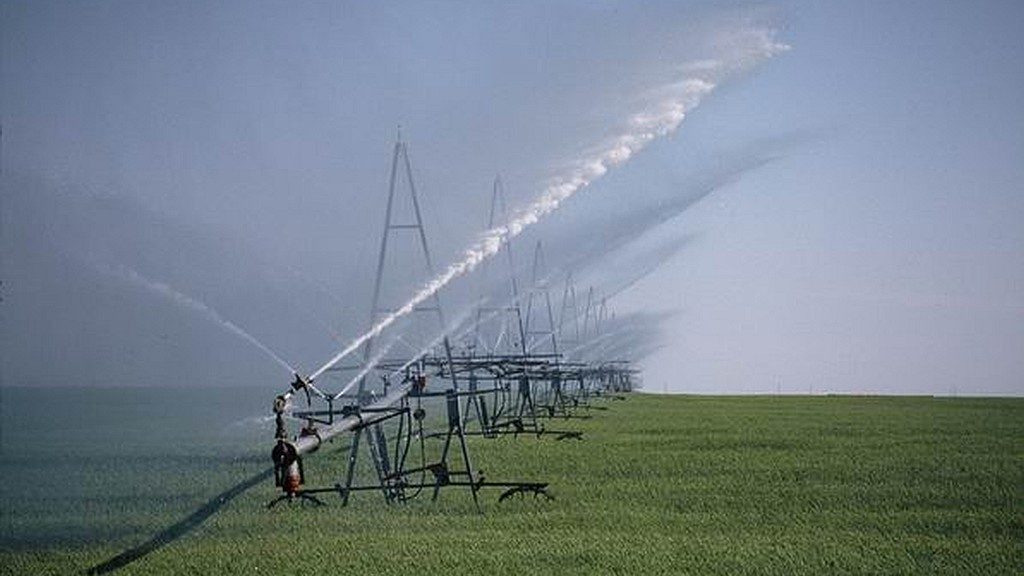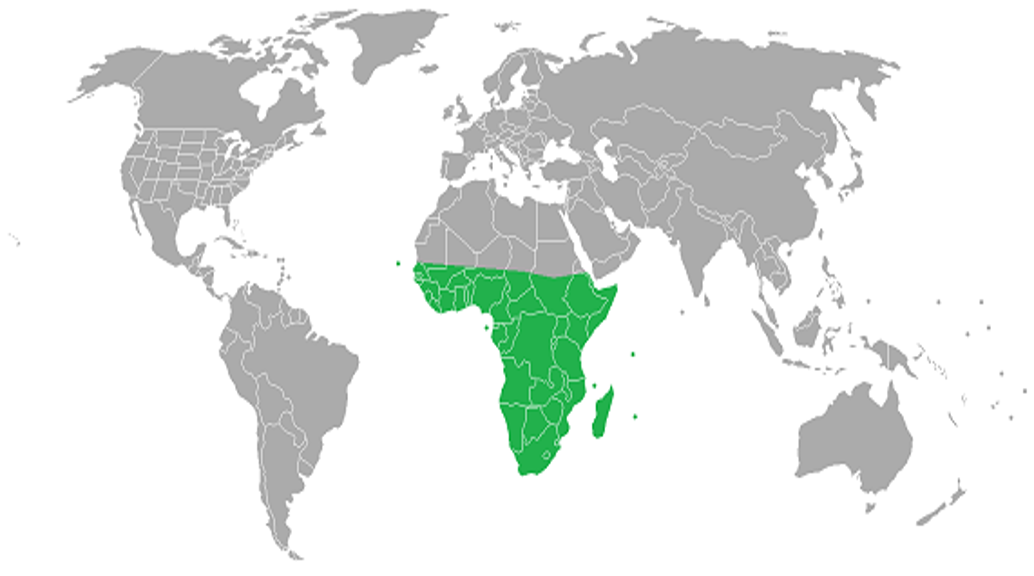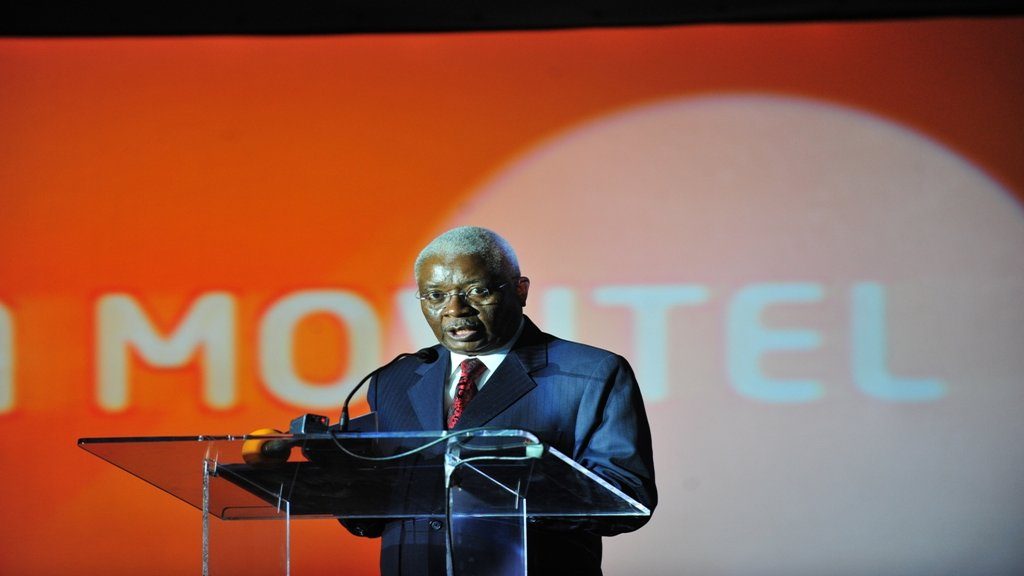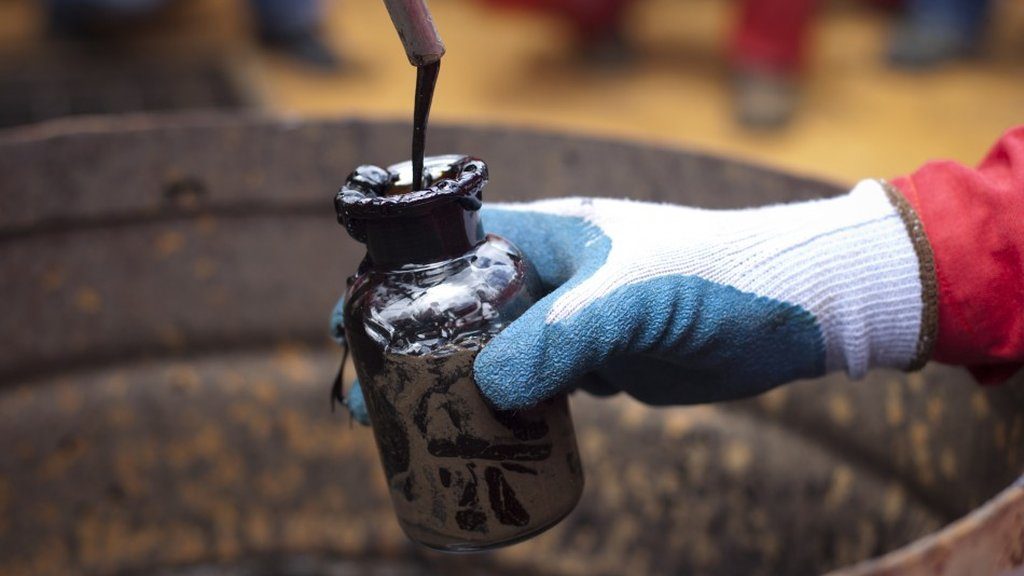The Federal Executive Council on Wednesday has approved three foreign loans totaling $ 945million meant to improve irrigation system, prevent flooding in Ibadan, Oyo State and provide water for Bauchi, Ekiti and Rivers States. The money comes from the International Development Association, an arm of the World Bank for irrigation and drainage projects, Minister of State for Finance Bashir Yuguda said.
Nigeria, Africa’s biggest economy, is trying to expand agricultural production with the aim to reduce it’s dependence on crude oil exports, which account for more than 70 percent of the country’s revenue. According to the National Bureau of Statistics Agriculture is employing more than 60 percent of the population, representing about 22 percent of the gross domestic product,.
About one million Nigerians are to benefit from the project in the three states.
 afric-Invest
afric-Invest



